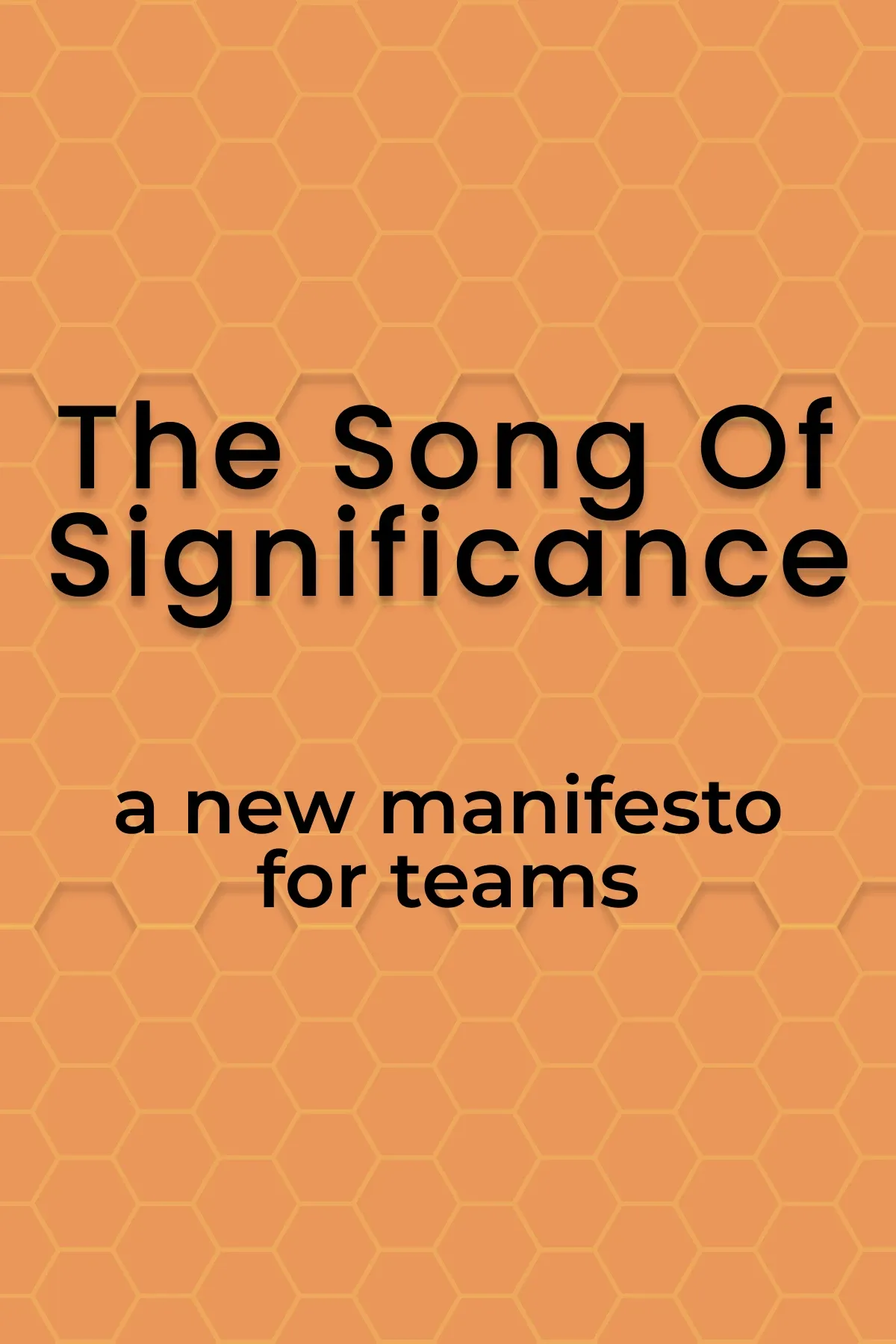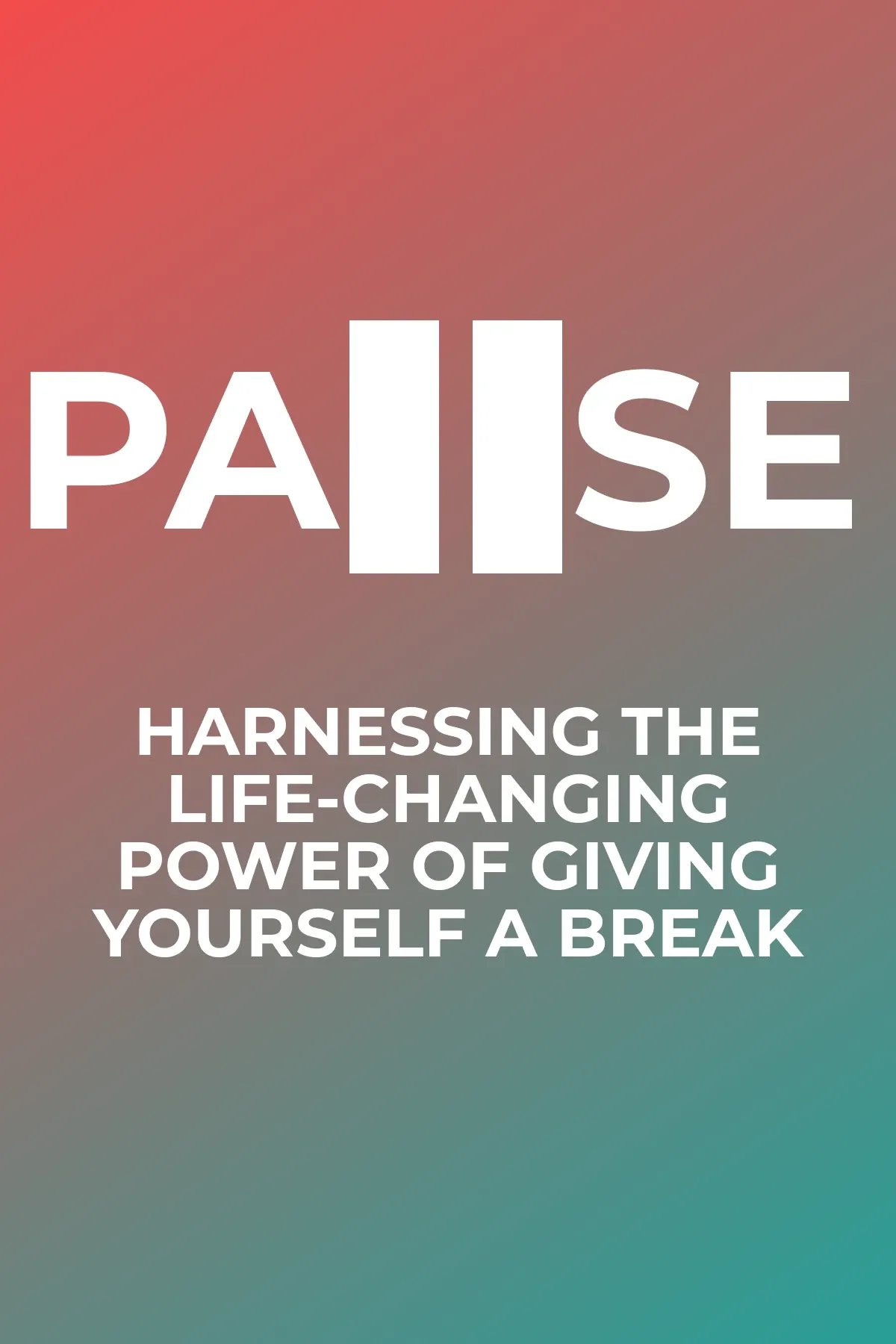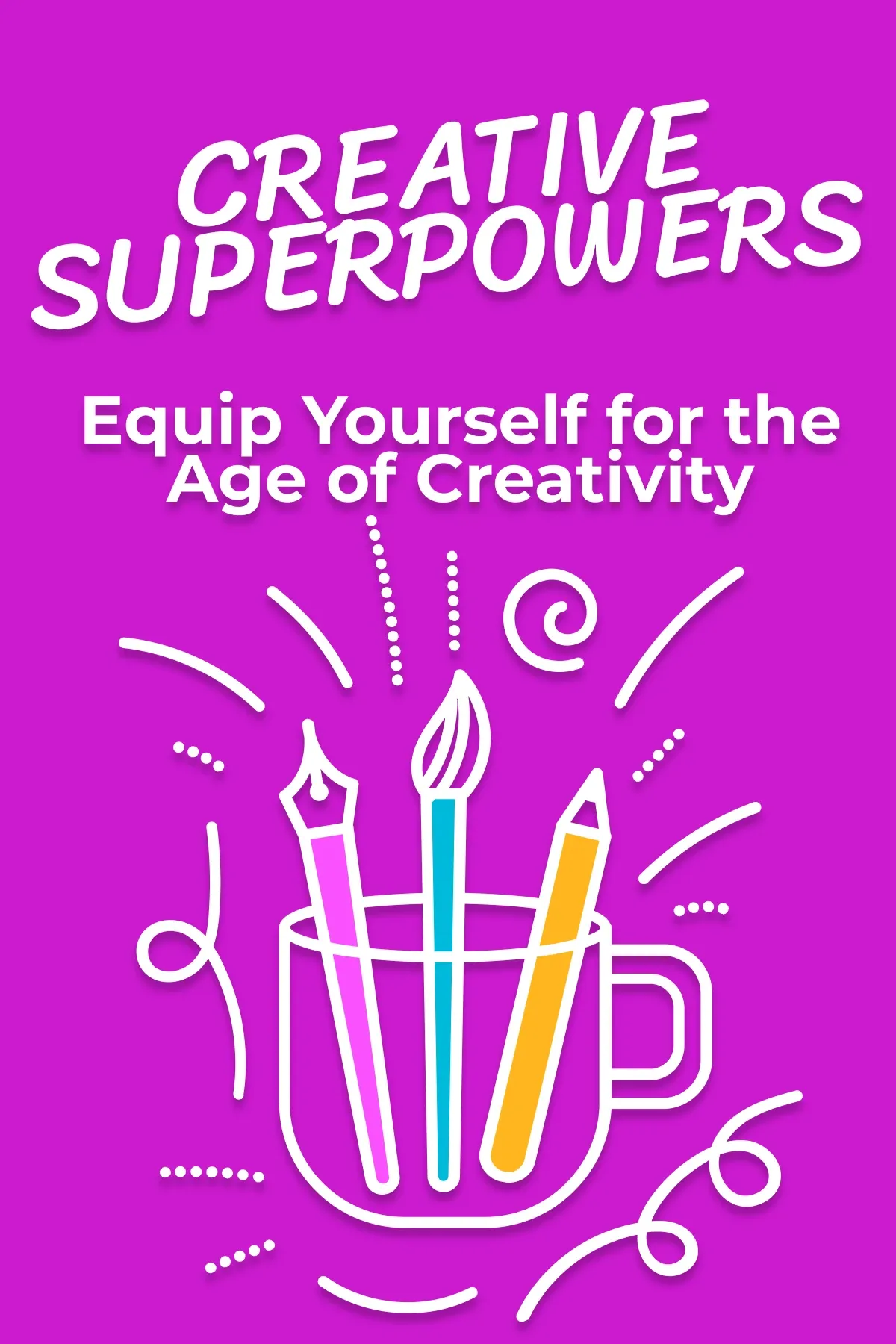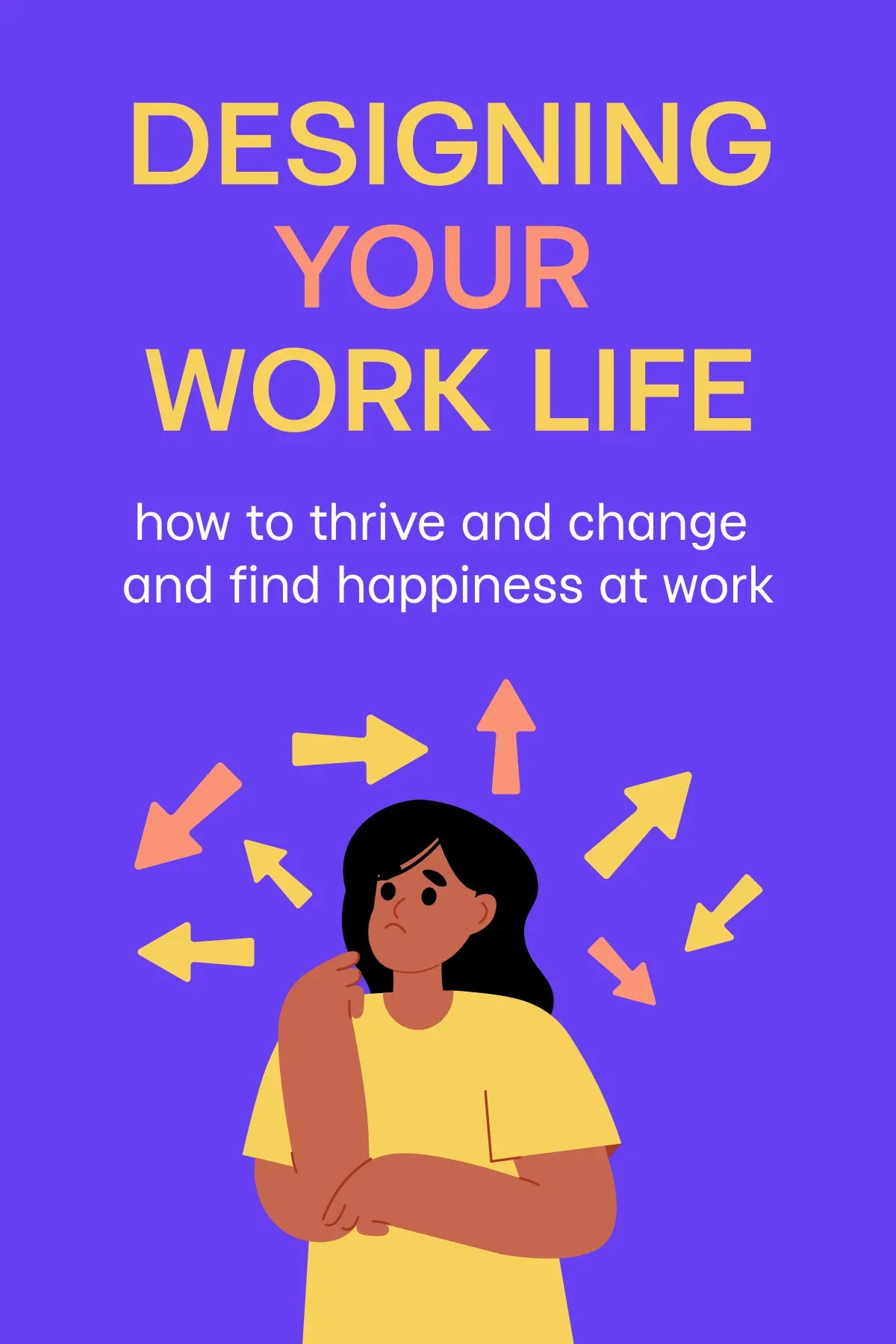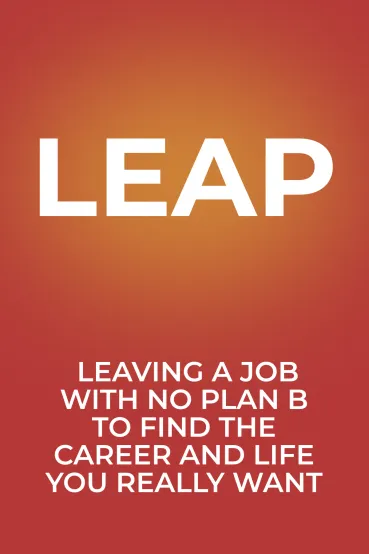
Leap
Brief Summary
“Leap” by Tess Vigeland tells the story of her journey after quitting a job without a plan. The book explores the challenges and opportunities of leaving behind a stable career and embarking on a new path. Through her personal experiences and expert insights, Vigeland provides practical advice and encouragement for anyone considering taking a leap of faith in their professional life.
Key points
Key idea 1 of 8
Quitting is often stigmatized and viewed as a sign of weakness. People are constantly told to never give up and encouraged to persist through difficult situations. However, Peg Streep, a coauthor of the book *Mastering the Art of Quitting*, argues that quitting can be a healthy and normal response. Sometimes, we face challenging goals or feel lost on our life path. So, it may be necessary to reassess and consider other options. By acknowledging quitting as a valid option, we can open ourselves up to new possibilities and broaden our perspective on success and fulfillment.
Quitting is a part of life, and it gets easier with practice. Staying in an uncomfortable situation leads to failure. Still, some people think it's normal to be unhappy as long as they receive a reward for their efforts. Achieving the American Dream is a good example.
The approach towards quitting a job varies depending on the generation. Baby boomers, for instance, prefer the traditional method of working for a single employer for their entire career. Eventually, they retire with a comfortable pension and enjoy their post-retirement life. They are motivated to stay in their jobs for an extended period due to the assurance of a secure pension plan.
Conversely, Generation X witnessed a significant drop in pension plans. This caused them to work for many companies throughout their careers. They were less motivated to stay with a single employer and looked for better opportunities, including pay and benefits.
The younger generation, known as Gen Y or Millennials, realize they cannot hope solely for employment-based pensions. So, we can see their loyalty towards their employers is lower. They focus on their own needs and look for opportunities. They seek personal growth, learning, better pay, and a healthy work-life balance.
The experience of quitting is changing for the better. In recent years, younger generations have shown a more positive attitude towards taking zero tolerance for workplaces that do not fulfill their needs. It indicates a growing willingness to take risks to pursue satisfaction and fulfillment. Hopefully, future generations will not be burdened when deciding to break up with their employer.
FAQ
You may also like these summaries


